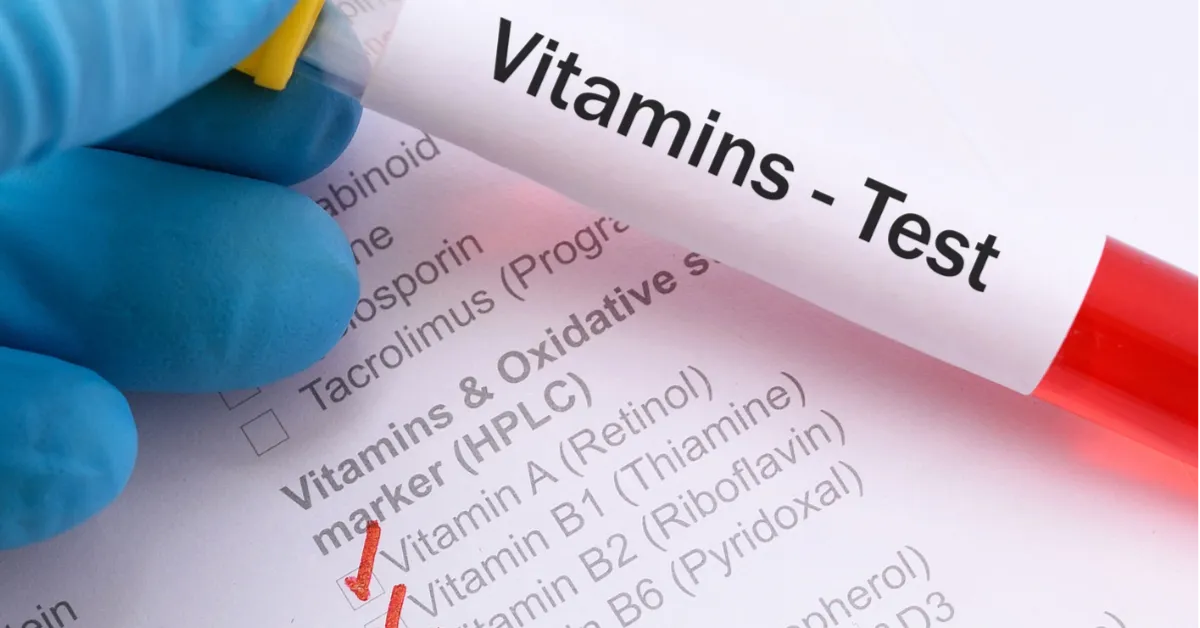ASTM E2704 Vitamin D3 Testing in Infant Formulas
The Food & Feed Testing sector plays a crucial role in ensuring the safety, quality, and compliance of food products with international standards. One critical aspect within this sector is the testing of vitamins, particularly Vitamin D3, which is essential for infant formulas as it supports bone development and immune function.
ASTM E2704 is a standard test method used to determine the concentration of Vitamin D3 in infant formula. This service ensures that infant formulas meet the required specifications set by regulatory bodies such as the FDA (Food and Drug Administration) and other global health organizations.
The testing process outlined in ASTM E2704 involves several key steps to ensure accurate results. First, a representative sample of the infant formula is collected. This specimen preparation ensures that the test accurately reflects the product’s Vitamin D3 content. Next, the sample undergoes a series of chemical reactions and analyses using advanced instrumentation such as High-Performance Liquid Chromatography (HPLC) or Gas Chromatography-Mass Spectrometry (GC-MS).
The acceptance criteria for this test are stringent to ensure that infant formulas meet the recommended levels of Vitamin D3. According to ASTM E2704, the acceptable range for Vitamin D3 in infant formula is between 15 and 60 micrograms per liter (µg/L). This wide range allows for flexibility in formulation but still ensures an adequate intake of this vital nutrient.
The importance of accurate testing cannot be overstated. Inaccurate or incomplete testing can lead to underdosing or overdosing of Vitamin D3, which may have serious health implications for infants. By adhering strictly to ASTM E2704, laboratories ensure that infant formulas meet the necessary safety and efficacy standards.
Quality managers and compliance officers rely on this service to verify that their products comply with regulatory requirements. R&D engineers use the results of these tests to refine formulations and improve product quality. Procurement teams also benefit from this service by ensuring that they are sourcing ingredients from suppliers who meet stringent testing protocols.
The ASTM E2704 method is widely recognized for its reliability and accuracy, making it a preferred choice among laboratories specializing in food & feed testing. The test’s precision ensures that infant formulas contain the correct amount of Vitamin D3, thus promoting healthy bone development and immune function in infants.
In conclusion, ASTM E2704 Vitamin D3 Testing in Infant Formulas is an essential service for ensuring the safety and quality of infant formula products. By adhering to this standard test method, laboratories can provide accurate and reliable results that meet regulatory requirements and ensure product efficacy.
Benefits
The ASTM E2704 Vitamin D3 Testing in Infant Formulas service offers numerous benefits to various stakeholders within the food & feed industry:
- Regulatory Compliance: Ensures that infant formulas meet the stringent requirements set by regulatory bodies such as the FDA.
- Patient Safety: Guarantees that infants receive the correct amount of Vitamin D3, which is crucial for their bone development and immune function.
- Product Quality: Provides accurate data on the concentration of Vitamin D3 in infant formulas, enabling manufacturers to maintain consistent product quality.
- R&D Support: Assists R&D teams in refining formulations and improving product efficacy based on precise test results.
- Supplier Verification: Allows procurement teams to verify that suppliers meet stringent testing protocols, ensuring the integrity of their supply chain.
In summary, this service enhances patient safety, supports regulatory compliance, and improves product quality, making it an indispensable tool for stakeholders in the food & feed sector.
Why Choose This Test
Selecting ASTM E2704 Vitamin D3 Testing in Infant Formulas is advantageous due to several factors:
- High Accuracy: The test method provides precise and accurate results, ensuring that the concentration of Vitamin D3 meets specified standards.
- Repeatability: ASTM E2704 ensures consistent results across multiple tests, enhancing reliability and trustworthiness.
- Standardized Procedure: The use of a standardized test method allows for uniformity in testing procedures, which is crucial for consistency in product quality.
- Regulatory Approval: The test has been approved by regulatory bodies, ensuring that it meets the necessary legal and safety standards.
- Rapid Turnaround Time: Efficient laboratory processes ensure quick turnaround times, enabling timely decision-making and product release.
- Expertise and Experience: Partnering with a reputable laboratory ensures access to experienced professionals who can provide accurate and reliable testing services.
By choosing ASTM E2704 Vitamin D3 Testing in Infant Formulas, stakeholders can ensure that their products meet the highest standards of safety and quality, thereby gaining a competitive edge in the market.
Environmental and Sustainability Contributions
The ASTM E2704 Vitamin D3 Testing in Infant Formulas service not only benefits infant health but also contributes positively to environmental sustainability:
- Eco-Friendly Packaging: By ensuring that infant formulas meet the necessary safety standards, this test helps reduce the risk of recalls and returns, which can lead to wasted resources.
- Resource Efficiency: Accurate testing ensures that only the correct amount of Vitamin D3 is added during production, minimizing waste and resource inefficiency.
- Reduced Environmental Impact: By promoting safe and effective products, this service helps reduce the environmental impact associated with substandard or unsafe infant formulas.
- Sustainable Supply Chain: Ensuring that suppliers meet stringent testing protocols promotes a sustainable supply chain, which is crucial for long-term sustainability goals.
In conclusion, ASTM E2704 Vitamin D3 Testing in Infant Formulas not only enhances product safety and quality but also contributes to environmental sustainability by promoting efficient resource use and reducing waste.





